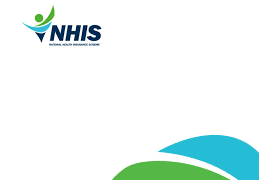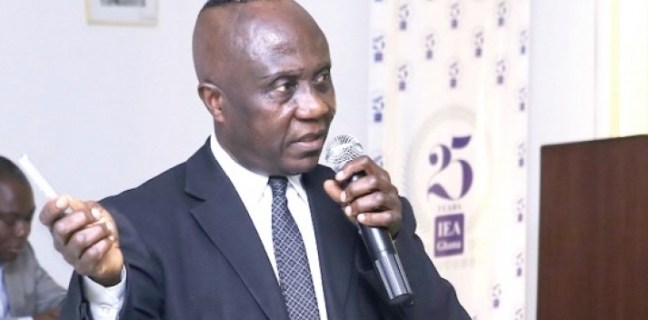The Institute of Economic Affairs (IEA) is urging the government not to seek financial and economic assistance from the International Monetary Fund if it can implement some of the key measures that the Bretton Woods is known to prescribe for members seeking its assistance.
In a statement, the IEA said “I suggest below measures that I believe Government and Bank of Ghana can take help build the needed policy credibility, restore the economy to some level of sanity and make going to the IMF unnecessary.”
The Ghanaian economy is presently facing a serious crisis brought on to a large extent by COVID-19 and recent geopolitical developments. Domestic policy credibility has suffered as a result of the budget stalemate in Parliament over the Electronic Transaction Levy and rising debt levels, exacerbating the crisis.
As a result of the crisis, Ghana has been downgraded by credit rating agencies, limiting access to international bond markets, increasing borrowing costs, and fueling disinvestment from the money and capital markets, resulting in a sharp depreciation of the cedi.
Again Rising global commodity prices have also fueled domestic inflation.
However, the IEA believes that recommendations such as working to end the present budget stalemate in Parliament over the Electronic Transaction Levy (e-levy) should be implemented as soon as possible.
In this regard, the IEA stated, “we propose splitting the proposed rate of I.75 % between telcos (I.0 %) and consumers” (0.75 percent ). We feel this is a reasonable solution that both the majority and the minority can accept.”
Others include the necessity for the government to take more steps to increase revenue, which is currently low.
The IEA therefore wants the Tax Exemptions Bill to be passed in order to reduce the scope and scale of exemptions, as well as to enforce tax compliance, particularly among professionals, and to introduce segregated corporate tax, ranging from the current level of 25% for indigenous companies to 35% for foreign companies, as well as to eliminate the current import benchmark discount of 30% for general goods and 10% for vehicles, among other things.
It once again urges the government to take immediate steps to curb spending, the amount and content of which remain worrisome.
It went on to say that the measures should include “restructure ministries and reduce the number from 30 to 20, reduce the number of Ministers from 86 to 56 (including 16 Regional Ministers), trim executive compensation by 20%, and implement the planned 20% reduction in MDA expenditures.”
The IEA also urges the government to lower the fiscal deficit in 2022 from 7.4 percent to 6.0 percent in order to improve budget credibility and alleviate worries about fiscal and debt sustainability.
It concluded by saying “it is important that government and Bank of Ghana collectively take these measures to restore investor confidence and gain needed policy credibility. Failure to act accordingly will only worsen the economic crisis, with the widening of spreads on Ghana’s bonds, decreasing access to international bond markets, growing disinvestments from local financial markets and growing pressure on the cedi.”
If the situation worsens, “the government could be forced to seek the needed policy credibility from the IMF, which is expected to recommend the very measures that the government might fail to initiate by itself,” it said.
Read Also: Arrests after widow forcibly stripped in Nigeria – Police
SOURCE: myjoyonline
























